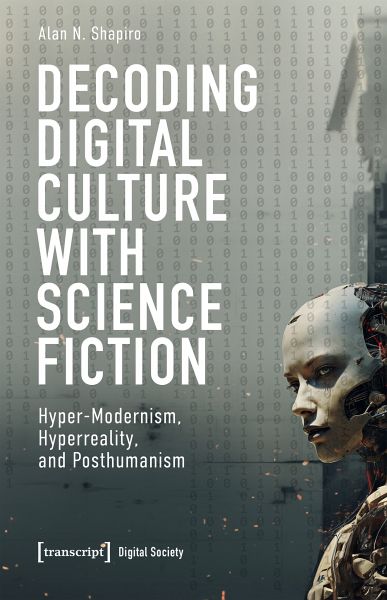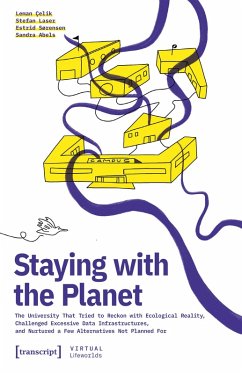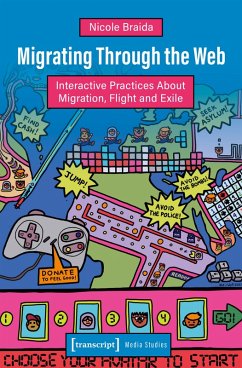
Decoding Digital Culture with Science Fiction (eBook, PDF)
Hyper-Modernism, Hyperreality, and Posthumanism
Versandkostenfrei!
Sofort per Download lieferbar
0,00 €
inkl. MwSt.
Weitere Ausgaben:

PAYBACK Punkte
0 °P sammeln!
How do digital media technologies affect society and our lives? Through the cultural theory hypotheses of hyper-modernism, hyperreality, and posthumanism, Alan N. Shapiro investigates the social impact of Virtual/Augmented Reality, AI, social media platforms, robots, and the Brain-Computer Interface. His examination of concepts of Jean Baudrillard and Katherine Hayles, as well as films such as Blade Runner 2049, Ghost in the Shell, Ex Machina, and the TV series Black Mirror, suggests that the boundary between science fiction narratives and the »real world« has become indistinct. Science-fict...
How do digital media technologies affect society and our lives? Through the cultural theory hypotheses of hyper-modernism, hyperreality, and posthumanism, Alan N. Shapiro investigates the social impact of Virtual/Augmented Reality, AI, social media platforms, robots, and the Brain-Computer Interface. His examination of concepts of Jean Baudrillard and Katherine Hayles, as well as films such as Blade Runner 2049, Ghost in the Shell, Ex Machina, and the TV series Black Mirror, suggests that the boundary between science fiction narratives and the »real world« has become indistinct. Science-fictional thinking should be advanced as a principal mode of knowledge for grasping the world and digitalization.
Dieser Download kann aus rechtlichen Gründen nur mit Rechnungsadresse in A, D ausgeliefert werden.













